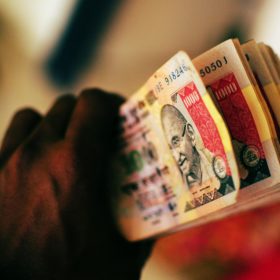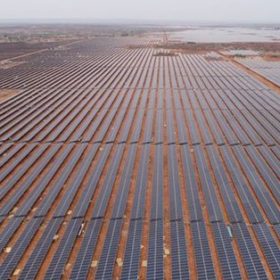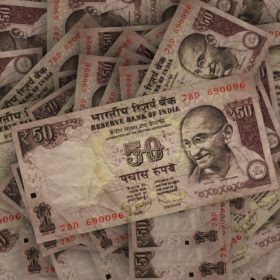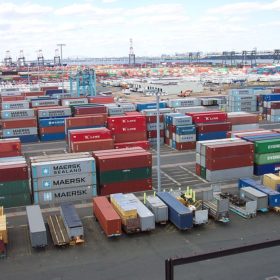Closing the information gap will drive rooftop solar, says Freyr Energy
Up to 70% of prospective customers have shied away from owning a rooftop solar system due to lack of readily available information on how to assess various solar options, says Saurabh Marda, co-founder and managing director of Freyr Energy – a Hyderabad-based rooftop solar firm that has completed over 1200 installations in just 5 years since inception in 2014.
Andhra Pradesh regulator approves solar power tariffs
The latest blow in the political battle between clean energy project developers and an anti-renewables state government has seen the electricity regulator order power distribution companies to honor PPAs signed after a public tender.
ICRA downgrades 1.9 GW of wind, solar projects amid headwinds
Continuing delays in payments from utilities, regulatory uncertainty on tariff matters and tight financing have hit the industry hard.
Ministry issues bidding guidelines for solar-wind hybrid projects
The Ministry of New and Renewable Energy has suggested minimum 25-year power purchase agreements and also opened up the option of including energy storage in solar-wind hybrid generation projects procured under its public tender regime.
“Solar curtailment in Andhra Pradesh, a willful violation,” NSEFI writes to power minister
Plant load factor for thermal power generators ramped up to 70-80% between July 2019 till date while solar power projects were arbitrarily backed down by more than 60-70% of their operational capacity during the same period.
Minister advises developers to turn to court to secure clean energy monies owed by electric utilities
The financial failings of India’s electric companies have once again come to the fore as the power minister warned the seven worst offending states the lengthening debts they owe renewables developers could be recovered via the National Company Law Tribunal.
Lithium-ion batteries still set for US tariffs on September 1
The energy storage market is set to be the latest affected by Trump’s trade war as lithium-ion batteries were excluded from the group of Chinese imports for which the U.S. president announced tariffs would be delayed until December 15.
3rd International Electric Vehicle Conclave to kick off tomorrow at Manesar
Jointly organised by India Energy Storage Alliance (IESA) and The International Centre for Automotive Technology (ICAT), the conclave on EV and charging infrastructure will take place on August 9, 2019 at ICAT’s Manesar Campus in Gurugram with over a hundred participating companies.
Discoms still not issuing letters of credit against power purchases – NSEFI
The National Solar Energy Federation of India has warned the Ministry of Power that PV developers may be deterred from participating in state tenders because distribution companies are still not issuing letters of credit as a payment security mechanism.
In SECI and NTPC PPAs, discom profile is integral for counterparty analysis: Ind-Ra
While Solar Energy Corporation of India and NTPC fare better on tariff payment obligations than directly selling to discoms, all other obligations need to be met by them only to the extent they are met on a back-to-back basis by discoms.














